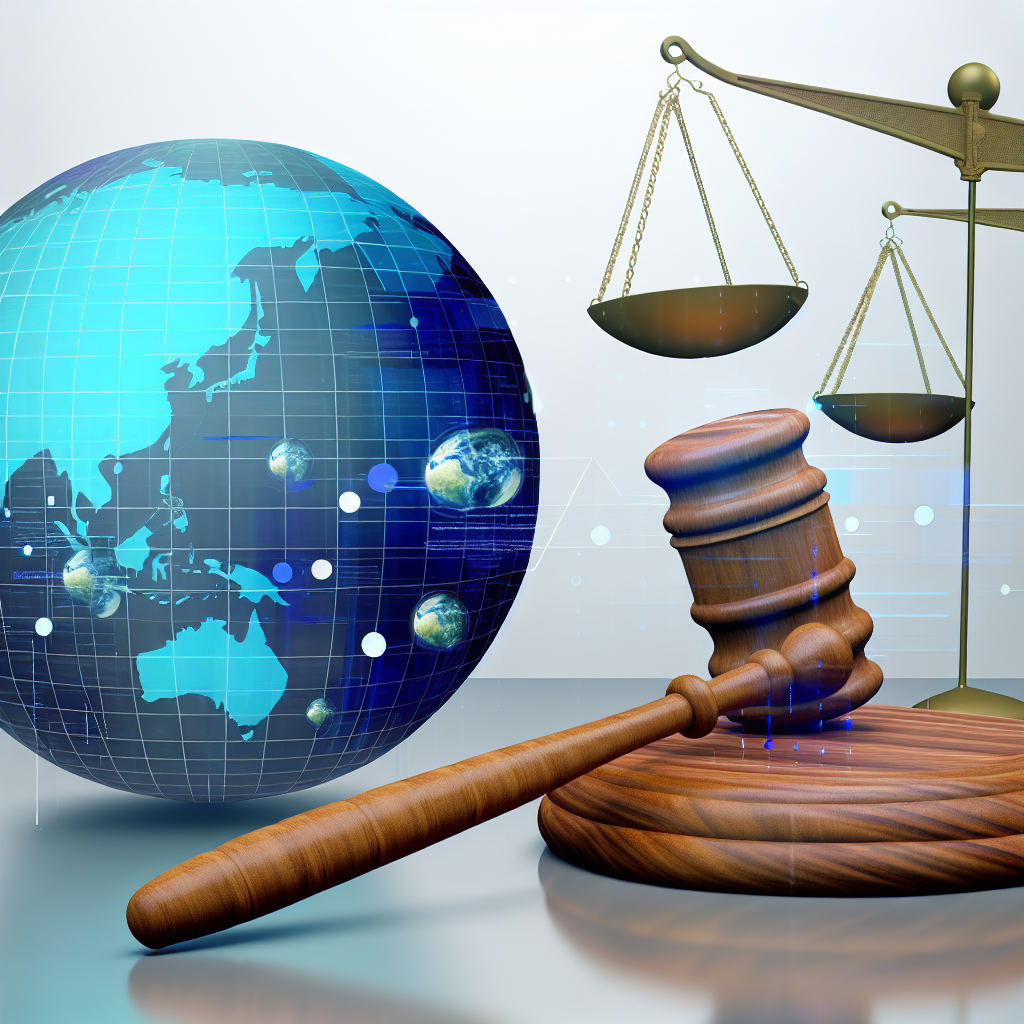
International Law and Geoengineering: Governance Challenges
International Law and Geoengineering: Governance Challenges
As the global climate crisis escalates, innovative solutions such as geoengineering have emerged as potential pathways to mitigate the impacts of climate change. However, the intersection of international law and geoengineering introduces significant governance challenges that require careful consideration. This article explores these challenges while emphasizing the expertise of The Consultant Global in navigating complex legal landscapes.
Understanding Geoengineering
Geoengineering refers to deliberate large-scale interventions in the Earth’s climate system to counteract climate change. Two main categories encompass geoengineering strategies: solar radiation management (SRM) and carbon dioxide removal (CDR). While these technologies promise potential benefits, they also raise ethical, environmental, and governance questions that must be addressed within the framework of international law.
The Legal Framework
International law surrounds various aspects of geoengineering, encompassing treaties and agreements that regulate environmental protection, scientific research, and technology transfer. Key legal instruments include:
- The Paris Agreement: As a landmark treaty, the Paris Agreement sets forth global commitments to reduce greenhouse gas emissions. The question arises: how do geoengineering initiatives align with these commitments?
- The Convention on Biological Diversity (CBD): This convention addresses the potential risks geoengineering poses to biodiversity, emphasizing the necessity of thorough impact assessments.
- Customary International Law: Emerging practices and norms in international law may provide a basis for evaluating geoengineering governance.
Governance Challenges in Geoengineering
The governance of geoengineering involves various challenges, including:
1. Regulatory Framework
The lack of a comprehensive international regulatory framework specifically addressing geoengineering is a significant challenge. Existing agreements often do not encompass the scope and complexities of geoengineering, leading to legal ambiguities.
2. Global Cooperation
Geoengineering initiatives often necessitate transboundary cooperation and collaboration among nations. However, differing national interests and priorities can hinder consensus-building, complicating effective governance.
3. Ethical Considerations
The ethical implications of geoengineering raise critical questions about governance, including issues of justice, equity, and responsibility. Who decides when and how to deploy geoengineering? Ensuring inclusive decision-making processes is paramount.
4. Research and Development
Scientific experimentation in geoengineering must be carefully governed to prevent negative repercussions on global ecosystems. Balancing innovation with precautionary measures is essential to avoid unintended consequences.
5. Liability and Accountability
Determining liability in geoengineering projects poses complex challenges. Should unintended harm arise from geoengineering interventions, establishing accountability among stakeholders remains a significant concern.
Strategies for Governance Improvement
To address these governance challenges, several strategies may be employed:
1. Developing a Comprehensive Regulatory Framework
Establishing a cohesive framework that integrates scientific research, environmental protection, and ethical considerations is essential. Such a framework could provide guidelines for geoengineering projects while promoting international collaboration.
2. Promoting Multilateral Engagement
Encouraging dialogue among nations through multilateral forums can foster cooperation in geoengineering governance. International organizations can facilitate discussions, knowledge sharing, and capacity-building efforts.
3. Ensuring Public Participation
Inclusive governance requires mechanisms for public input and engagement. Stakeholder involvement, especially from communities directly affected by geoengineering initiatives, can enhance transparency and accountability.
4. Establishing Research Guidelines
Implementing rigorous research guidelines that prioritize environmental protection and ethical standards can mitigate risks associated with geoengineering experimentation. Peer-reviewed assessments before project deployment should be standard.
5. Clarifying Liability Frameworks
Developing clear liability frameworks can help address concerns related to accountability for potential harm caused by geoengineering interventions. Such frameworks should be equitable and adaptable to evolving technologies.
The Role of The Consultant Global
At The Consultant Global, we understand the intricacies of international law and governance challenges, particularly in the context of geoengineering. Our extensive and unique experience in consulting equips us to navigate complex legal landscapes effectively. With our in-depth expertise in international, governmental, and private industries, we assess the needs of our clients accurately without wasting time or resources.
Our commitment to supporting diverse cultures and languages—fluent in English, Turkish, Azerbaijani, Russian, and French—enhances our ability to collaborate with clients from various backgrounds. We are uniquely positioned in the GCC, particularly the UAE, to bridge gaps in understanding and effectiveness in governance challenges related to geoengineering.
Conclusion
The governance challenges surrounding geoengineering demand urgent attention from policymakers, legal experts, and stakeholders alike. The evolving nature of international law intersects with innovative climate solutions, necessitating robust frameworks that address ethical, environmental, and cooperation concerns.
As businesses and governments grapple with these complex issues, The Consultant Global is dedicated to being your trusted advisor in navigating the legal landscape of geoengineering and international law. Our mission is to ensure that our clients receive the best consultancy services tailored to navigate these governance challenges effectively. Contact us to learn how we can assist you in achieving innovative and compliant solutions in the realm of geoengineering.




Leave a Reply